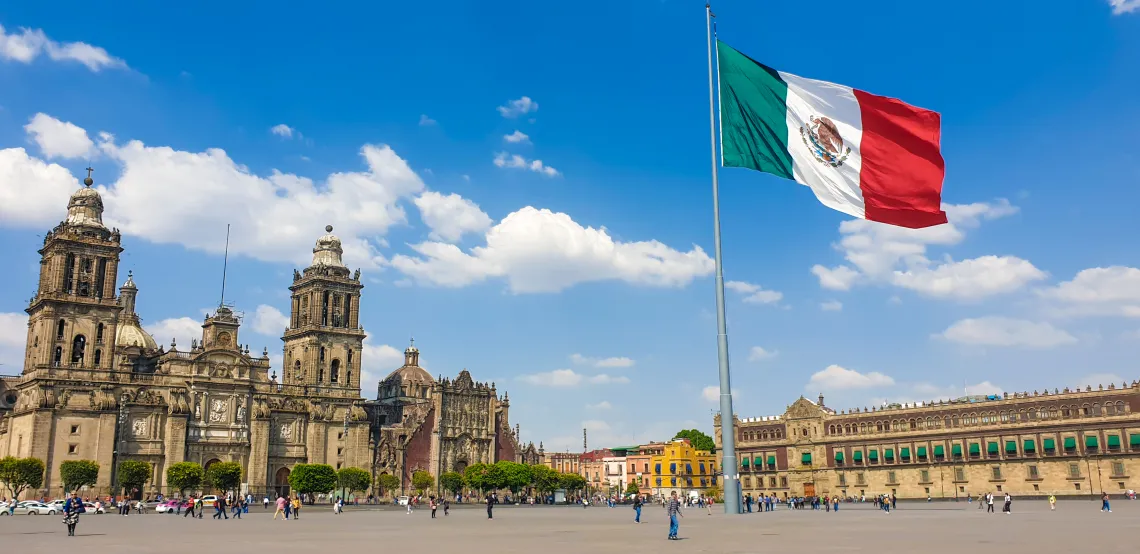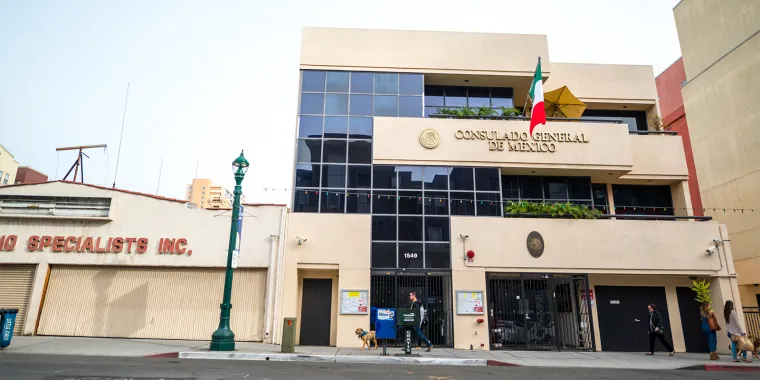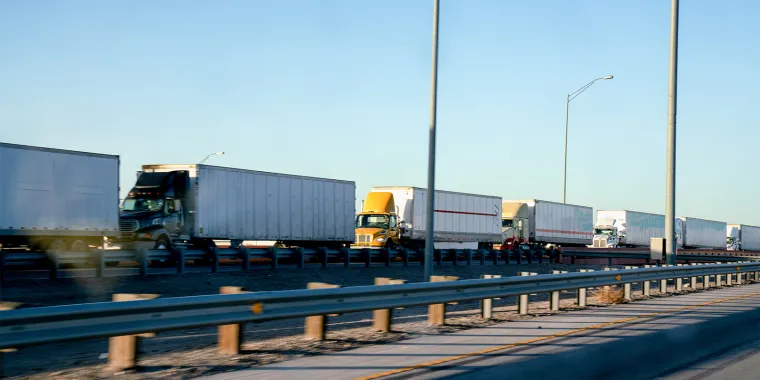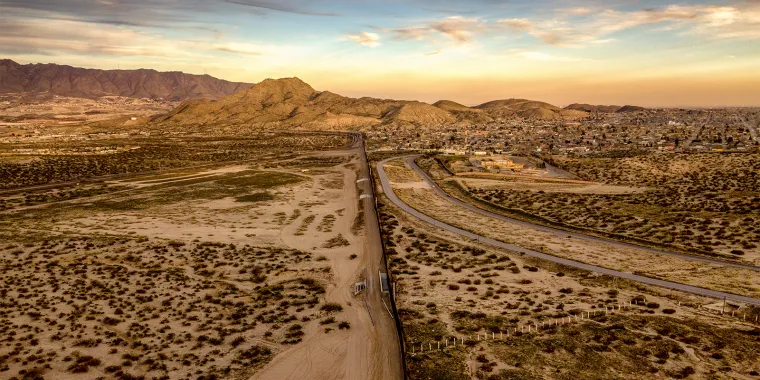Trade and worker protections, COVID-19 safety and suppression, and border security and migrant rights are all key issues the U.S. and Mexico must tackle in order to maintain a strong partnership in years to come.
The economic vitality of both countries relies heavily on the other. Mexico is the U.S.’s largest goods and services trade partner with $677.3 billion in total goods traded between the two countries during 2019. In 2015, U.S. exports of goods and services to Mexico supported an estimated 1.2 million jobs. This crucial economy of shared goods, services and capital requires protections for workers against unfair trade practices and exploitation.
The North American Free Trade Agreement (NAFTA) trade deal, which regulated free trade between the U.S., Mexico, and Canada, was replaced under the Trump administration by the United States-Mexico-Canada Agreement (USMCA). Current U.S. Ambassador of Trade Katherine Tai said that “[the USMCA’s] most important feature is that it provides us a framework for pursuing a positive economic agenda that lifts up workers and communities across our three countries.”
This framework was tested in early July when the U.S. and Mexican governments investigated a labor complaint citing potential violations of worker protections at the General Motors’ facility in Silao, Guanajuato. The two governments agreed to a comprehensive plan to ensure international labor standards are being enforced in Silao.
“This agreement shows the commitment of the Biden-Harris administration to centering workers in our trade policy and, if executed faithfully, it promises to result in meaningful gains for workers on both sides of our border,” U.S. Secretary of Labor Marty Walsh said.
While the mutual enforcement of USMCA helps to safeguard workers’ rights, those on the frontline also need protection against COVID-19. Unfortunately, vaccine doses are in short supply in Mexico.
A new binational program uses vaccines that are about to expire in the U.S. to vaccinate Mexican workers. Maquiladora factory workers, who are considered essential workers, from the border city of Reynosa, Mexico, are bused into McAllen, Texas to be vaccinated against COVID-19. Other cross-border vaccination programs in San Diego, El Paso, and Brownsville have successfully vaccinated maquiladora workers in a similar manner.
But many Mexican workers, both essential and not, remain unvaccinated.
In July, Mexican President Andres Manuel Lopez Obrador (AMLO) announced that Mexico would be prioritizing border states, like Baja California, for those scant available vaccine doses. Mexico’s overall vaccination rate is only 16%, while Baja California now has a vaccination rate of 79%.
AMLO hopes that Baja California’s vaccination success will convince the U.S. to open the border to non-essential workers in an effort to boost Mexico’s suffering economy. However, the Department of Homeland Security extended restrictions for non-essential travel into the United States from Mexico through August 21.
Travel restrictions between the U.S. and Mexico were initially put into place in March 2020 under the Trump administration. One of these restrictions is Title 42, “the public health rule”, a CDC protocol that allows border officers to send migrants and asylum seekers back into Mexico on public health grounds.
The Biden administration has not completely removed this Trump-era pandemic restriction, upsetting human rights activists who say that the implementation was never meant to protect public health. and is incompatible with the precepts of the 1951 Convention relating to the Status of Refugees and its 1967 Protocol.
Since March 2020, border authorities have used the public health rule to turn away more than 80,000 migrant families, denying them the right to claim asylum, according to government data. More than 750,000 total persons have been turned away under Title 42, putting many in harm’s way in Northern Mexico.
The United Nations’ High Commissioner for Refugees Filippo Grandi said the expulsions under Title 42 have “serious humanitarian consequences”. The advocacy group Human Rights First has documented more than 3,200 reported cases of violent assaults against migrants and asylum seekers at the border in Mexico since January 2021, and this number is increasing daily.
At the U.S.-Mexico border, trade and worker protections, public health concerns, and border justice and migrant rights are all intertwined, and the U.S. must work together with the Mexican government to prevent more dire humanitarian consequences at our shared border now and in the future.





